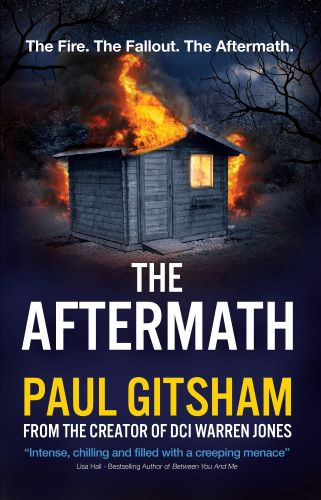The Camera (Or Audio) Doesn’t Lie.

In recent years, I have started using the specialist writing package Scrivener (#TuesdayTip80). I’m not saying that Agatha Christie would have written better stories if she had used it, but it may have made her life easier and she might have had a better work-life balance.Then there is the internet – a tremendous time-suck that probably decreases my productivity in many ways. But on the flip-side, having so much information instantly available certainly saves me hours or days of traipsing to the library or writing to experts to make sure I have small details correct.
But there is one thing that modern writers have to consider that perhaps was less important at the turn of the last century – namely needing to consider what happens when the book leaves the page. I’m not talking necessarily about TV, stage or film adaptations. Or even radio dramas – few books are ever translated to those media. But audiobooks are a huge growth area. I’ve mentioned before some of the challenges that audio narrators faced – take a look at my summary from a discussion with my long-time narrator Malk Williams (#TuesdayTip69). But there are a few other things that you need to consider, should your book ever be translated into a different format.
First – it is extremely common for writers of crime fiction and thrillers to describe the crime or murder that has taken place and then spend the remainder of the book trying to solve the crime. I often put mine in the prologue. In prose, the culprit’s identity is easy to conceal.
“The killer stabbed the victim, screaming ‘I hate you’, repeatedly.”
gives nothing away. But this subterfuge is obviously harder to pull off when the killer has a distinctive voice – how will your audio narrator hide the fact that the murderer is the only female Scouser in the book? This is even more tricky on screen, or in a dramatic performance. How do you conceal the identity of the actor?
Second, what about unreliable narrators (I mean the character, not the highly-skilled professional reading it aloud)? Or books that rely on the reader assuming that one character is the person being described, when in fact it is another? In audio, this can be solved by asking the narrator to simply do a straight reading, rather than using different voices or actors for each character. But again, this is a lot more tricky in dramatisations, especially visual. I can think of at least one thriller where the big twist at the end is that the first-person narrator is actually somebody different to who the reader thinks it is. It’s done amazingly in the book, but how do you portray that on screen without giving the game away?
There are no easy answers here. My advice is that you simply write the best book you can, and let others worry about if the story is filmable. Only a tiny percentage of books will ever be dramatised, so don’t worry too much. That being said, there are lots of clever tricks that writers can use to conceal a character’s identity in a way that will also work on screen. If you have any suggestions, please feel free to comment here or on social media!
Until next time,
All the best,
Paul
If you are a writer with a tip to share, or fancy writing a fictional interview between you and one of your characters, please feel free to email me.



















